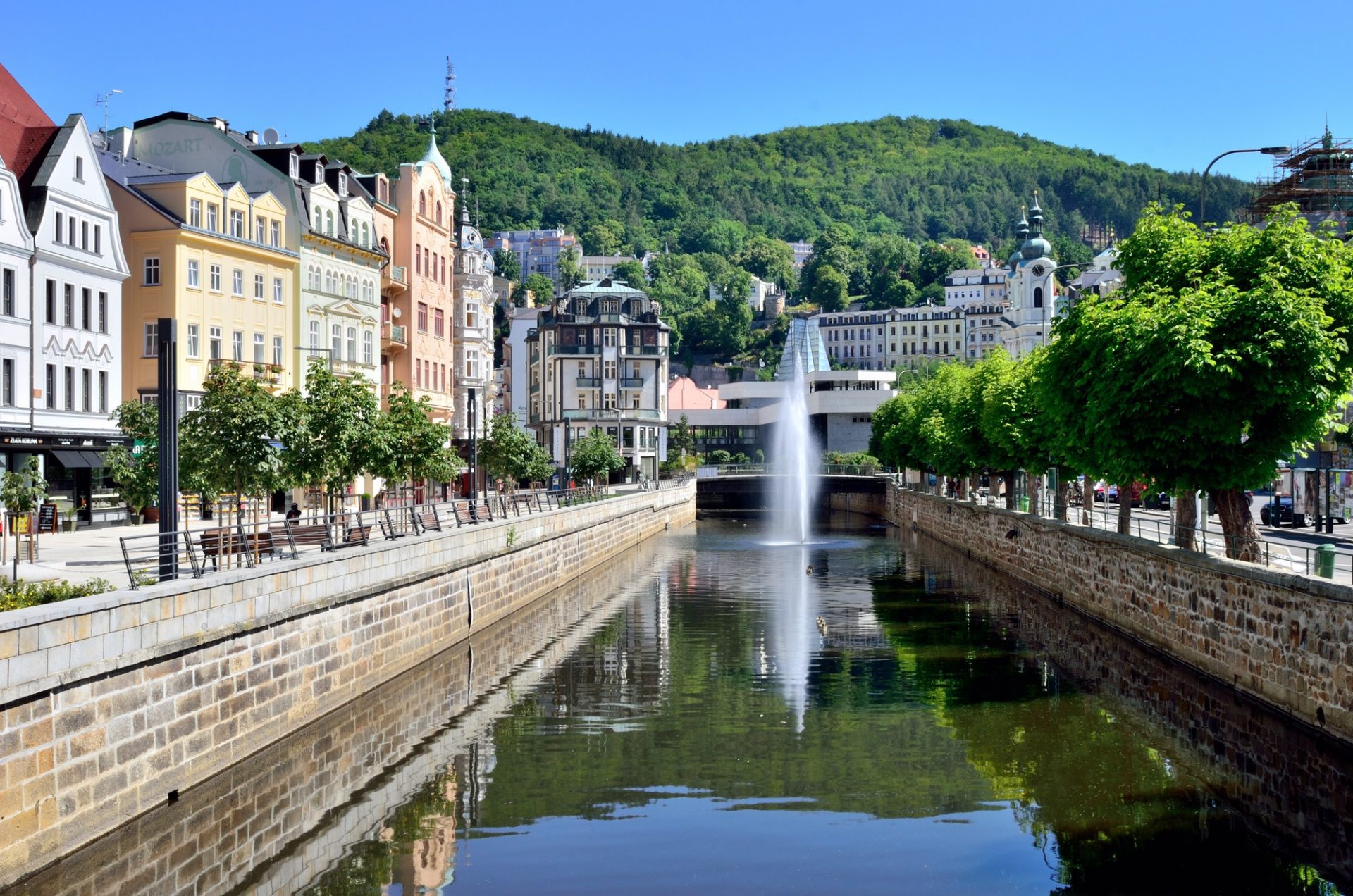Russian property owners in Karlovy Vary are taking various measures due to concerns about sanctions. They are divesting their properties, transferring ownership to family members, and altering their addresses. These actions have been prompted by the impact of sanctions on the Czech assets of individuals like arms dealer Boris Obnosov, whose properties were frozen by the state.
The real estate market in Karlovy Vary has stagnated for months due to soaring prices, with little interest from buyers. Additionally, restrictions on financial transactions between Russia and the Czech Republic have deterred real estate agents from pursuing deals.
A map provides an overview of the most renowned Russian-owned properties in Karlovy Vary, although it does not encompass all 50 of them. Most of these properties were acquired by Russians in the late 20th century when substantial Russian capital flowed into the city. However, owners are now looking to sell these properties to evade European sanctions and because they are unable to transfer funds from Russia.
Less than two kilometers southwest of Karlovy Vary, a 19th-century building nestled in the woods has been converted into the four-star Aberg Hotel. This hotel, which was previously frequented by Russian politicians and businessmen associated with organized crime, is now up for sale for over 100 million crowns. The hotel is owned by a Cypriot company, reportedly controlled by Russian-speaking businessmen.
Russian owners of luxury properties in Karlovy Vary are resorting to sales due to concerns about sanctions and their inability to maintain their properties. The invasion of Ukraine by Russian troops in February has barred Russians from entering the Czech Republic, leaving many buildings vacant.
Transferring funds for regular expenses, such as payments to the Czech Republic, has become challenging for Russian property owners. Banks no longer facilitate money transfers to Russia, and even European bank accounts are subject to restrictions, limiting account balances to 100,000 euros.
Real estate agents are cautious about handling transactions involving Russian-owned properties. Some properties are not publicly listed with prices or names, and information is only available upon request.
The city’s landscape is scattered with these Russian-owned buildings, with approximately 50 in total. The signs indicating “For Sale” in Cyrillic still persist, although there are fewer Russian investors in the area. Money from Russia began flowing into Karlovy Vary in the late 20th century, sometimes illicitly. Russians initially flocked to the town after 1989, gradually displacing Germans as the predominant foreign visitors. However, since the annexation of Crimea in 2014, the influx of Russian investors has declined, and Germans have once again become the dominant foreign demographic.
Many of the Russian purchases were made to move money from Russia, often involving the acquisition of assets that made little economic sense, including hotels at exorbitant prices. The influx of funds from Russian organized crime was highlighted in 2004 by the former Supreme State Prosecutor Marie Benešová, who expressed concerns about money laundering activities in Karlovy Vary.
The high prices of these hotels have contributed to their protracted presence on the market. Owners are reluctant to offer discounts and are instead opting to transfer properties to family members or change their residency status, complicating efforts to identify the true owners when sanctions are imposed.
Source: zpravy.aktualne.cz


















